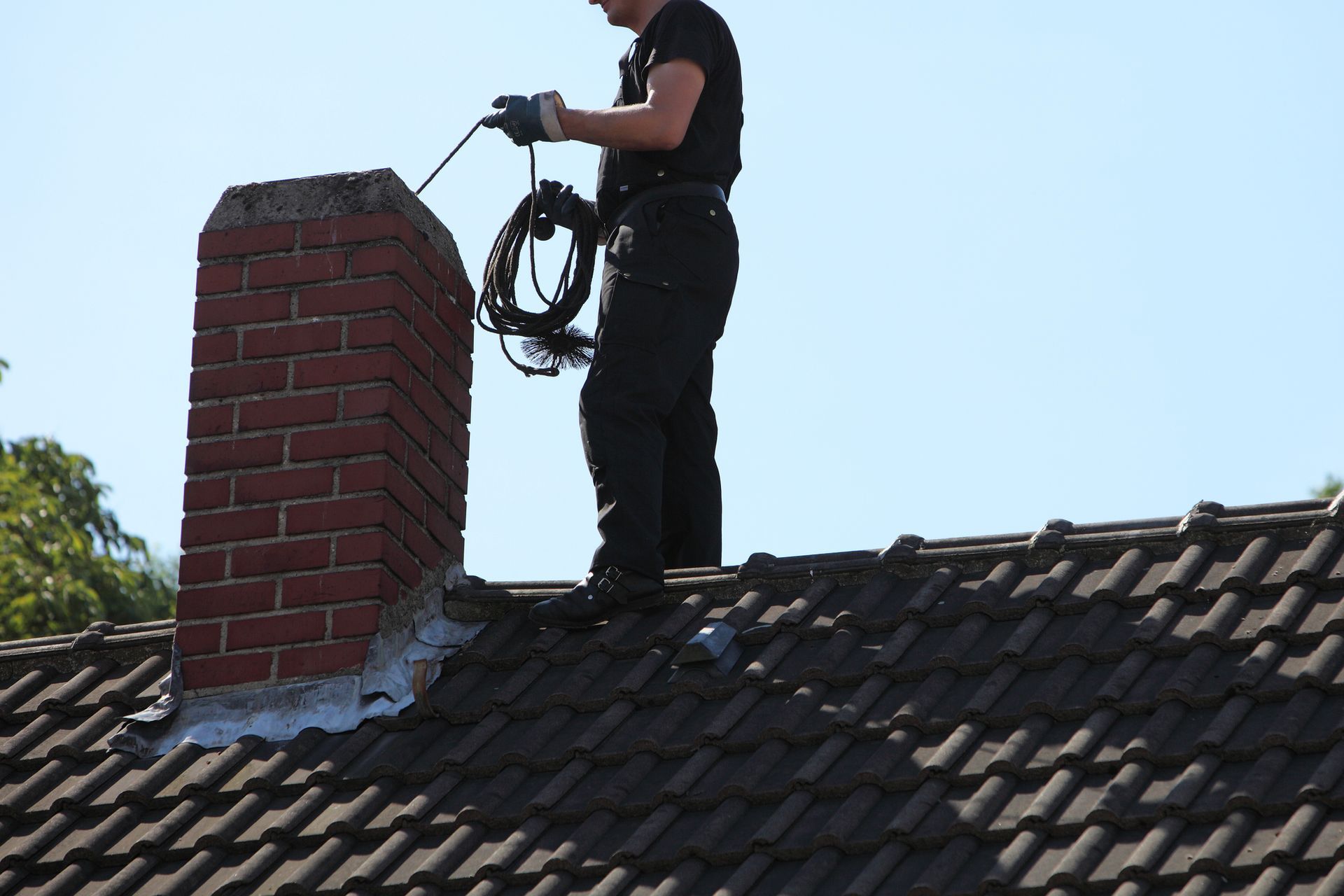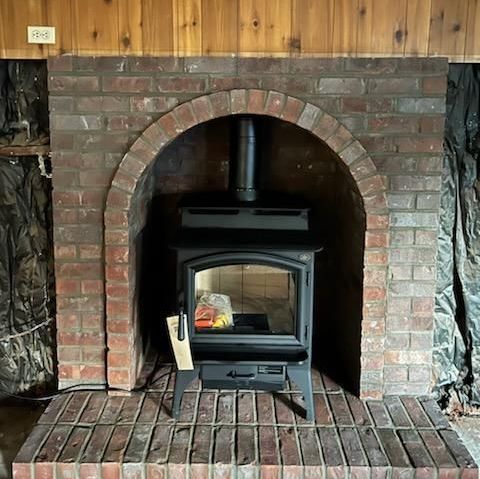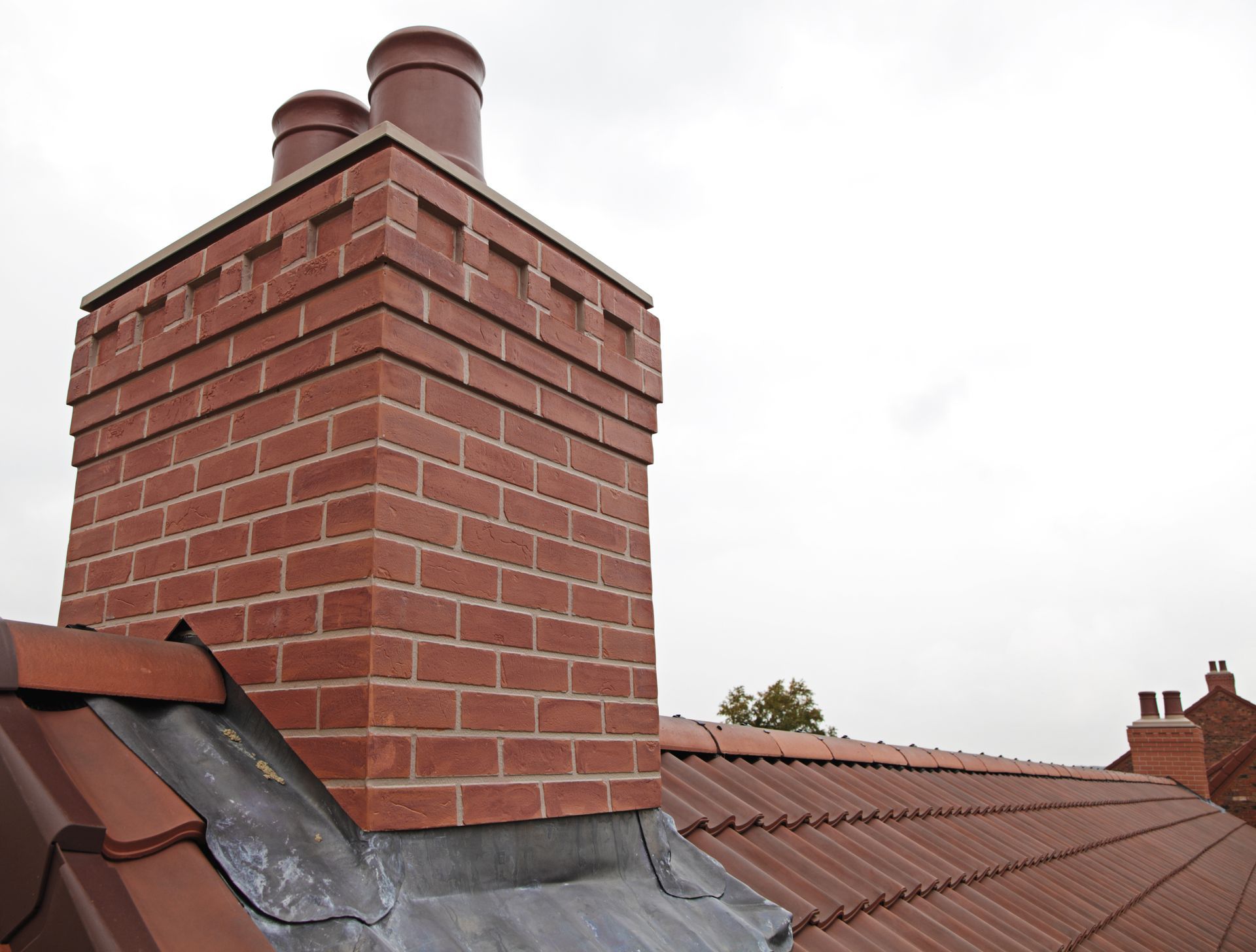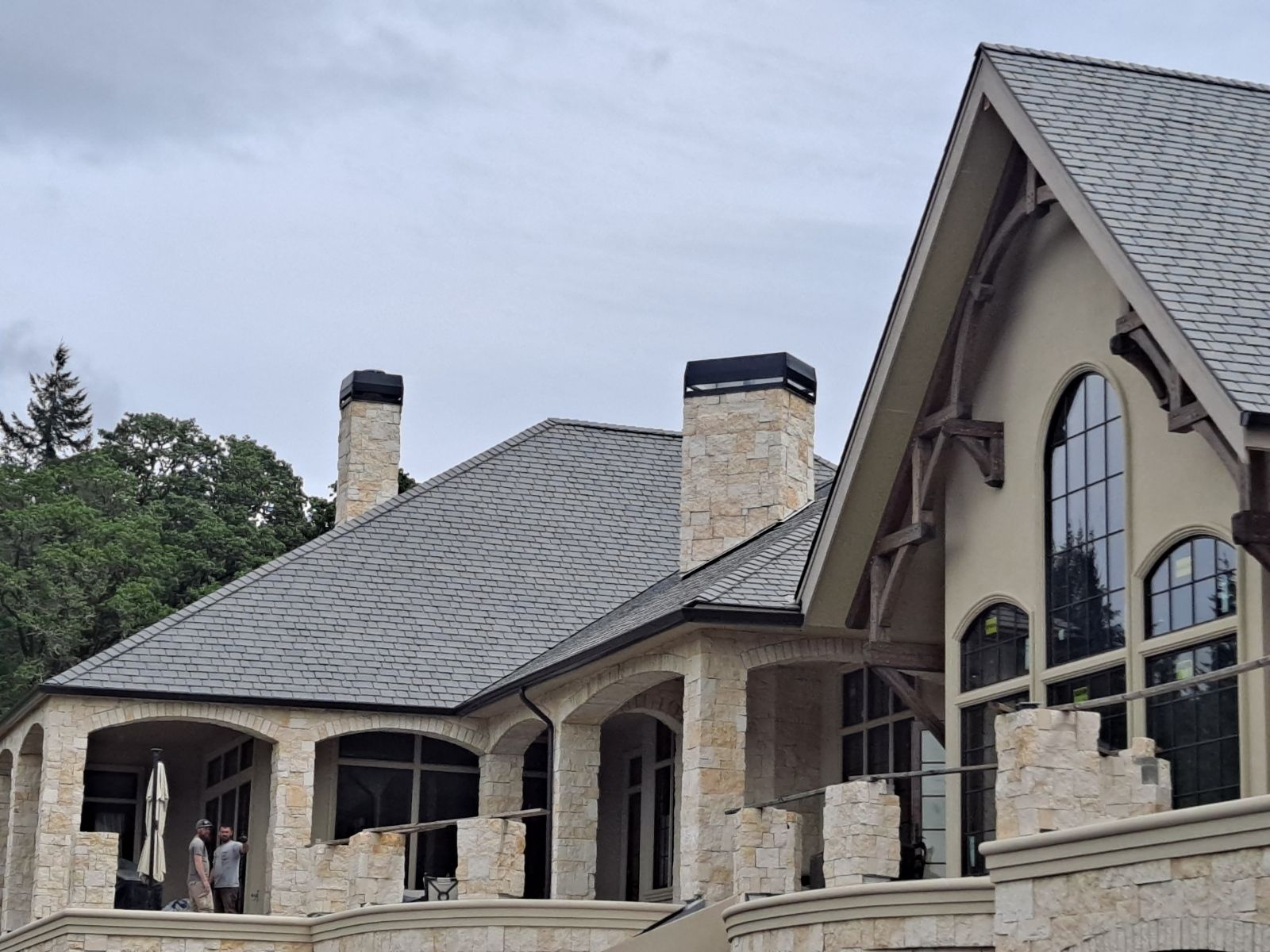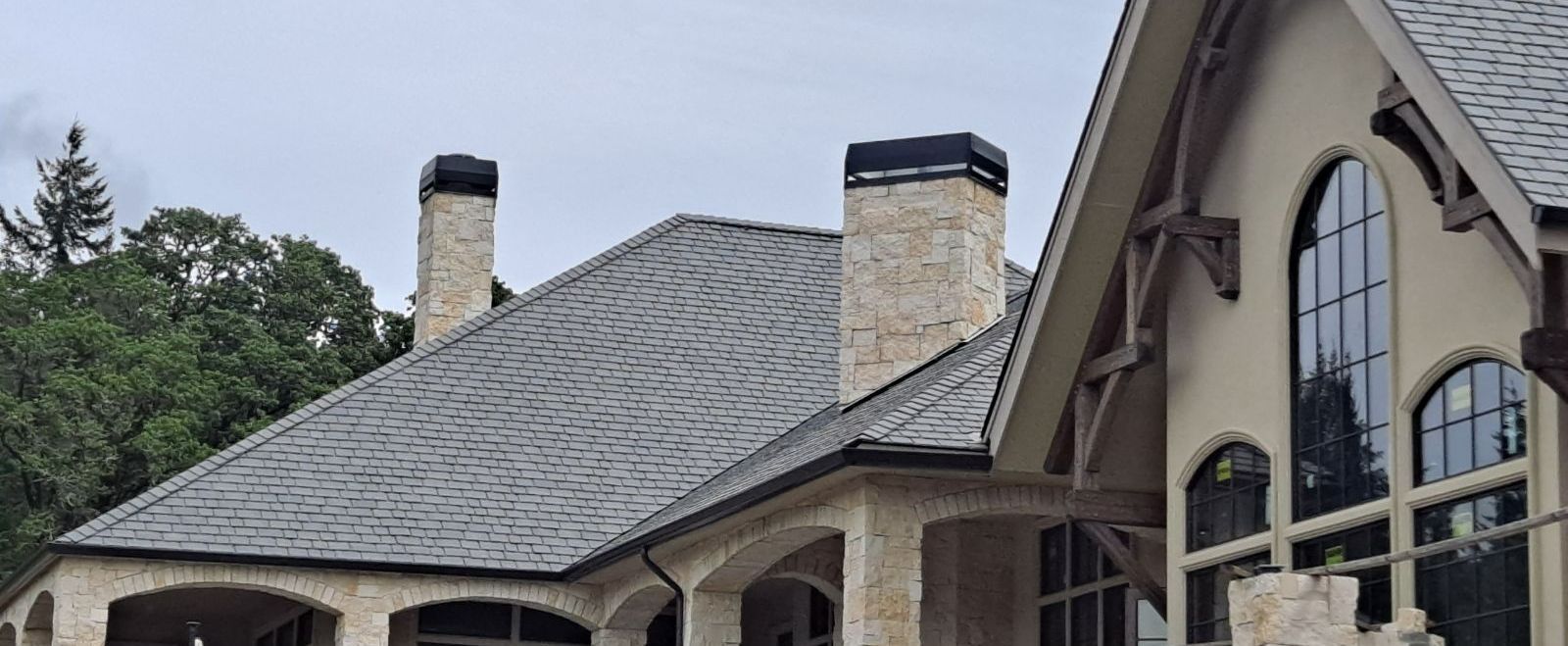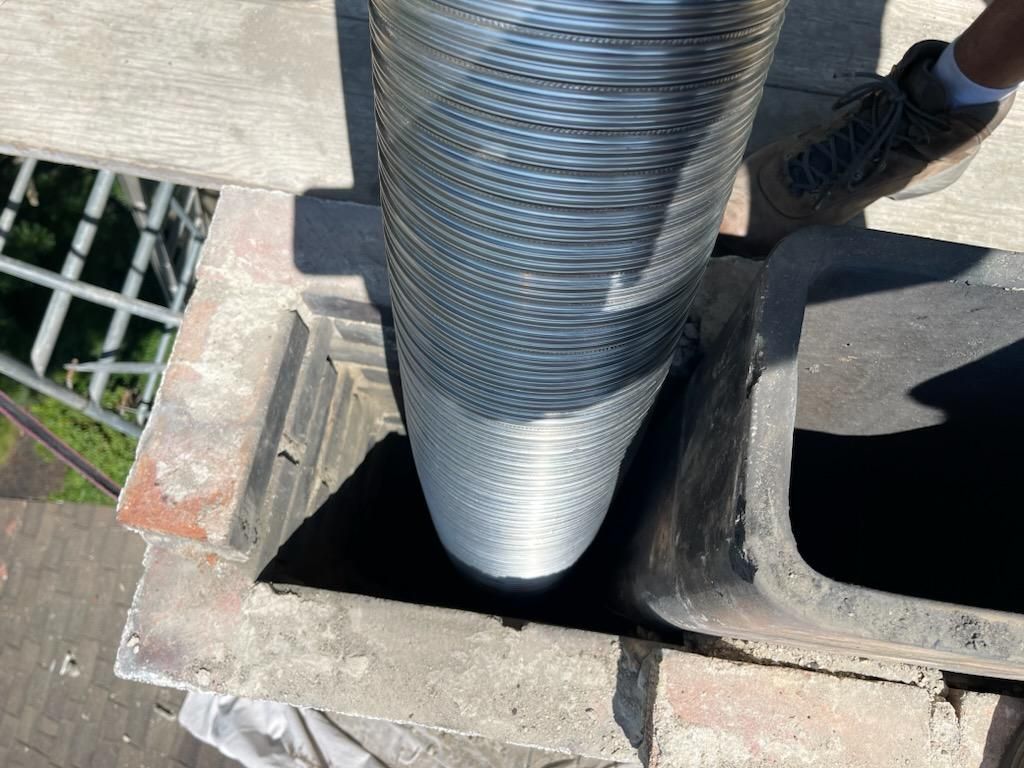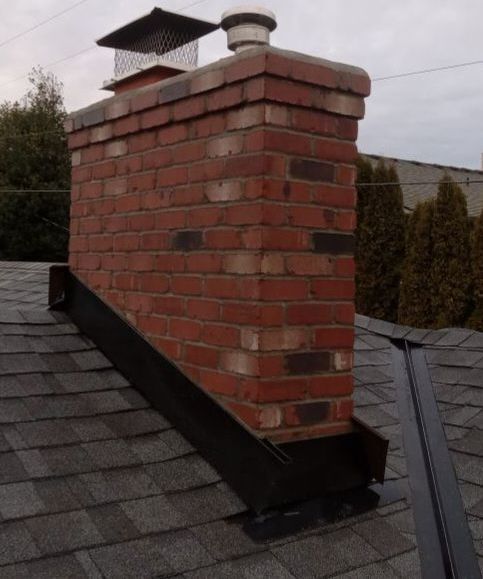Locally Operated in:
Contact Us Today!
Unmasking the Source: Common Causes of Chimney Odors
The smell of burning wood on a cool winter evening is one of the best things about owning a fireplace. However, if you experience an unpleasant odor every time you light a fire, it can quickly ruin the atmosphere and render your fireplace unusable. This is a common problem many homeowners face, which is why you need to understand the root cause of these odors to effectively deal with them.
Here's a rundown of a few common causes of chimney odors and what you can do to solve them.
Creosote Buildup
Creosote is a highly flammable substance that accumulates on the inner lining of your chimney. It's a byproduct of burning wood, especially softer woods like pine, and is characterized by a dark, tar-like substance that adheres to the inside of your chimney.
Without intervention, creosote can accumulate and produce an unpleasant, smoky smell. The odor is particularly noticeable during humid conditions or when your air conditioning system is running, as it can push the airflow down your chimney and into your home.
Creosote buildup leads to persistent odors due to its composition and how it interacts with your chimney's environment. This happens because creosote contains several aromatic hydrocarbons (phenols) that release unpleasant scents when they come into contact with moisture or when heated.
In addition, creosote is highly porous, which readily absorbs and holds onto moisture. This provides a conducive environment for these reactions to take place, which is why the smell tends to linger and worsen with time.
Frequent chimney cleaning and maintenance are crucial to prevent the accumulation of creosote and the offensive odors it generates. A professional chimney sweep involves the use of specialized tools and techniques to remove creosote deposits, ensuring your chimney is clean and safe for use. In some cases, installing a chimney cap or replacing your flue liner may also be necessary to prevent creosote buildup.
Animal Infestation
Birds, squirrels, raccoons, and other small animals may find your chimney an attractive nesting or roosting site due to its warmth and protection from predators. Over time, these animals can leave behind nesting materials, feathers, fur, and waste products—all of which can create a foul, musty smell that wafts into your home from the fireplace.
The problem worsens in the warmer months when the heat intensifies these odors. The smell is also quite noticeable when there's dampness or high humidity, as moisture can exacerbate the smell of decaying organic material.
In some unfortunate situations, animals may get trapped and die inside the chimney, especially if there's no cap or the existing one is damaged. This can lead to a particularly unpleasant odor problem, as the decaying carcass emits a strong, putrid smell that can permeate your entire home.
Even after removing the carcass, the smell can linger for a while due to the absorption of odors by the masonry inside your chimney. This presents a new problem, as the smell can be difficult to eliminate completely without professional help.
Installing a chimney cap with mesh siding can prevent animals from entering your chimney in the first place, which helps you avoid these odors altogether. A good chimney cap also has the added benefit of keeping out rain and debris that can contribute to bad odors.
Chimney odors can be a frustrating and bothersome problem, especially for homes with active fireplaces. Lifetime Chimney offers comprehensive cleaning, maintenance, and repair solutions to ensure your chimney functions properly without unpleasant smells. So the next time you light a fire and experience an unpleasant smell, don't just tolerate it—schedule a professional chimney sweep with us today, and keep your home smelling fresh all year round.
SITE LINKS
CONTACT INFORMATION
Speak to Someone Now: 503-995-3442
Email: lifetimechimneys@gmail.com
Certified Technician





OFFICE HOURS
- Mon - Fri
- -
- Saturday
- -
- Sunday
- Closed
